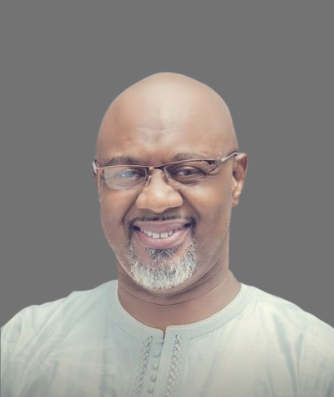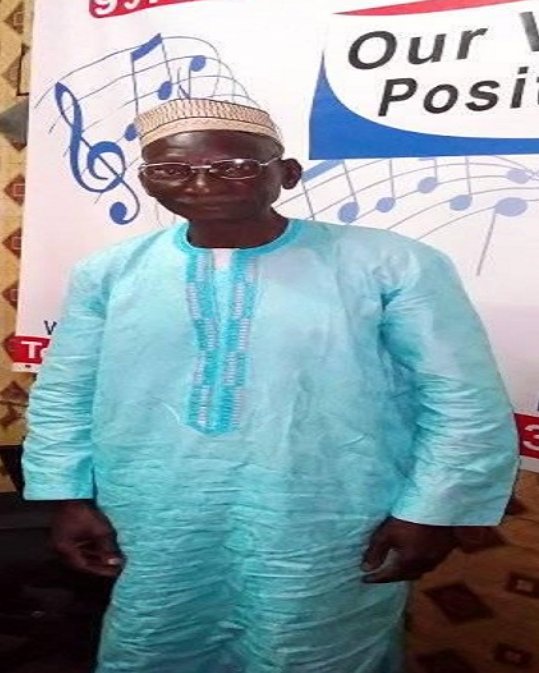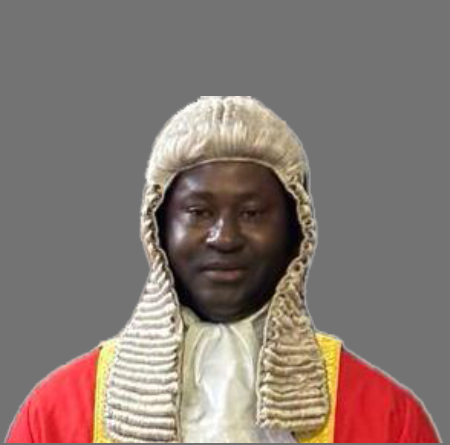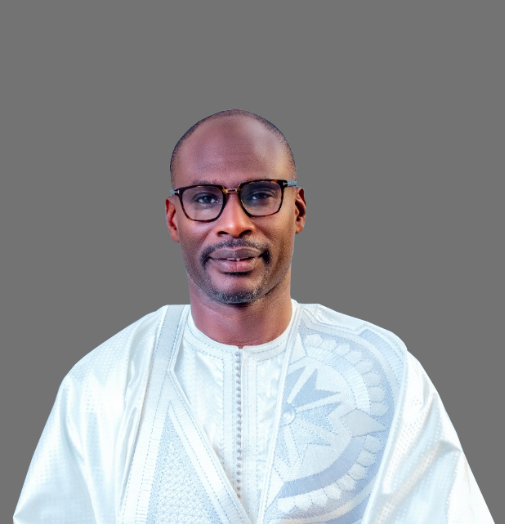
Businessman Haji Jawara, a longtime resident of Angola where he is Gambia’s honorary consul has called for national reconciliation, urging Gambians to forgive former President Yahya Jammeh.
The former Gambian leader is accused of serious human rights abuses, including torture and extrajudicial killings.
Recently efforts to hold him accountable gathered momentum with Ecowas backing a special tribunal to try crimes committed under him, as recommended by the truth commission, TRRC.
But speaking in a Standard exclusive yesterday, Consul Jawara emphasised that forgiveness is essential for the country’s healing process after years of Jammeh’s controversial regime, which was marked by human rights abuses.
He also emphasised the importance of unity and respect among citizens, regardless of political affiliations.
“Forgiving Jammeh could facilitate reconciliation in The Gambia by fostering national unity and healing,” he said.
Jawara added that acknowledging past grievances while promoting dialogue can help victims and perpetrators confront their shared history. “Additionally, forgiveness may encourage political stability, allowing the country to move forward without lingering divisions. This approach can promote restorative justice, ultimately aiding in building a more inclusive society,” he added.
He said as a means of providing closure for the victims, Jammeh can be forced to appear before the media and admit all the crimes committed under his leadership and then apologise to his victims.
“This will serve as a big embarrassment to him and as well send a strong signal to all presidents that no matter how powerful they are, a day will come they will lose that power,” he said.
Foreign influence
Consul Jawara said the international community has no moral authority or justification to call for Jammeh’s prosecution.
“If they are honest and serious about accountability, they would have by now thought of how Israel should account for committing genocide in Palestine,” Jawara added.
He said African countries and governments should wake up from their slumber and stop humiliating former African presidents.
Asked if he is really serious about ever thinking of letting Jammeh go free after all the atrocities committed under his regime, Jawara said: “I am by no means downplaying the heinous crimes committed by Jammeh; I just feel that we have more to gain in forgiving him than prosecuting him”.
Jawara said the government should instead go after officials corruptly amassing wealth at the detriment of the people of this country. “Many government officials are taking advantage of Barrow’s harmlessness and weakness to squander public resources.
“Corruption has probably killed more Gambians than Jammeh has allegedly done, but those involved in these cases of corruption will usually go scot-free. This is what we should start a conversation around,” Jawara said.
He said corruption severely undermines health delivery and public services in The Gambia, leading to diminished quality and accessibility of health care.
“It diverts resources, increases costs, and exacerbates health inequities, particularly affecting vulnerable populations. Ultimately, tackling corruption is essential for strengthening health systems and ensuring equitable access to essential services,” Jawara noted.
Reacting to Jawara’s call, an activist who prefers to remain anonymous told The Standard: “While reconciliation is essential, without concrete actions towards justice and reparations, forgiveness alone may fail to foster genuine healing and national progress.”



